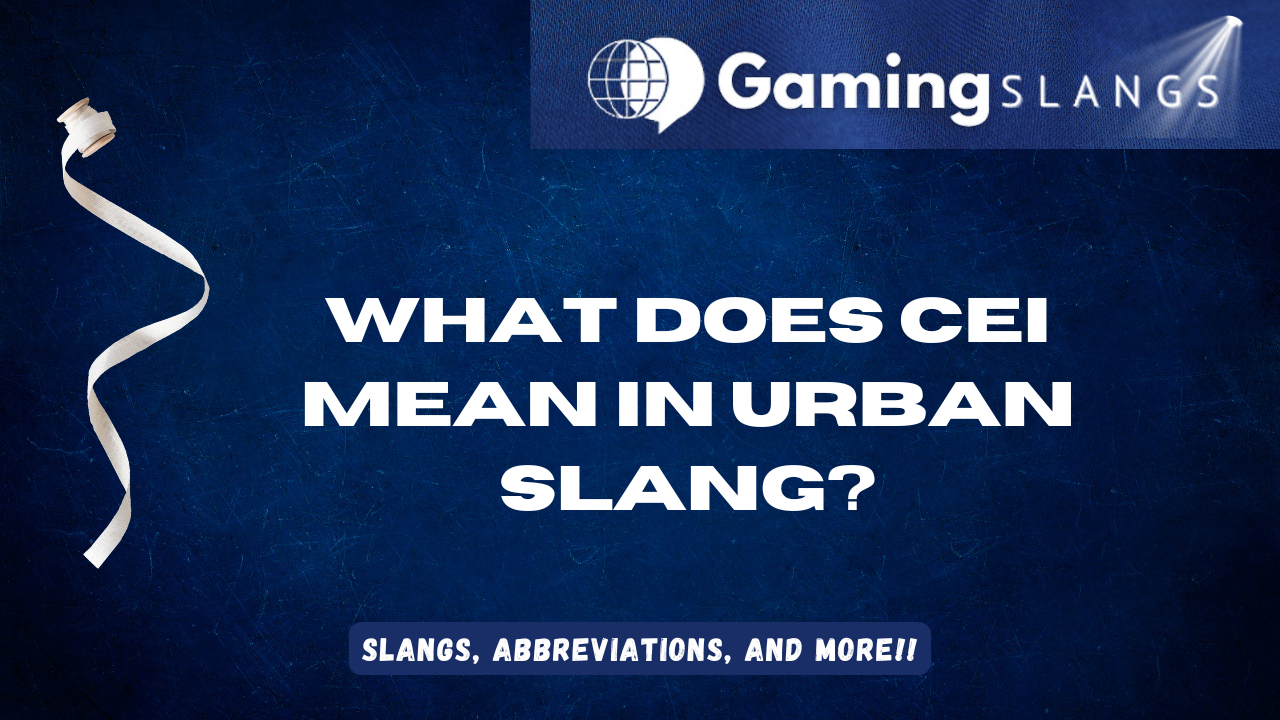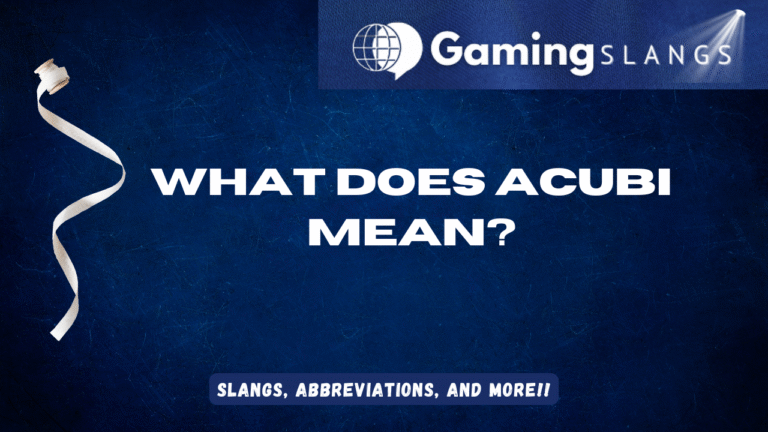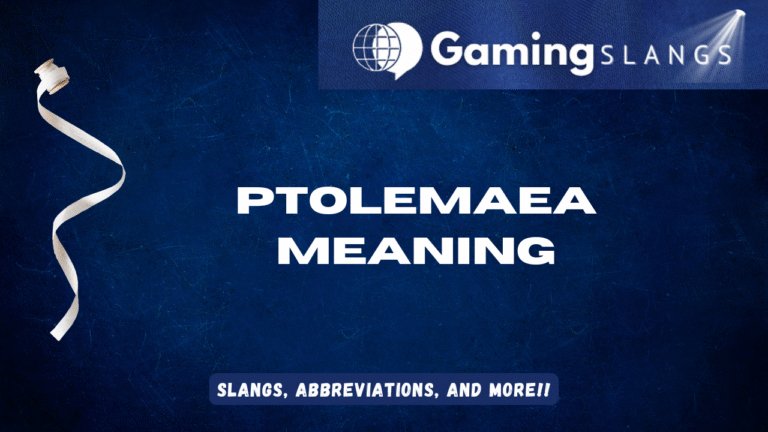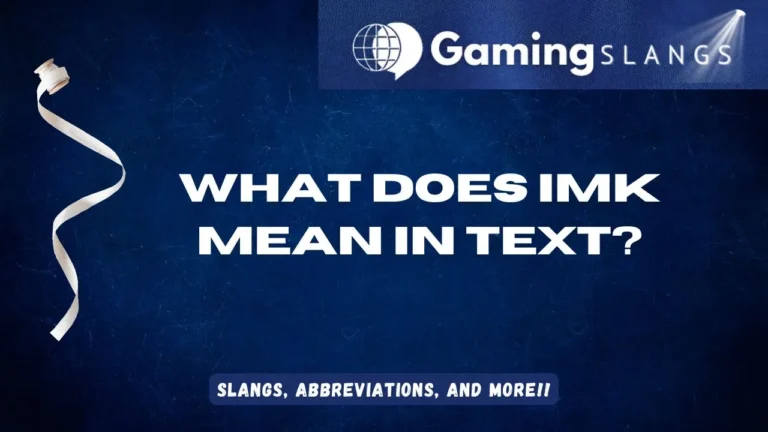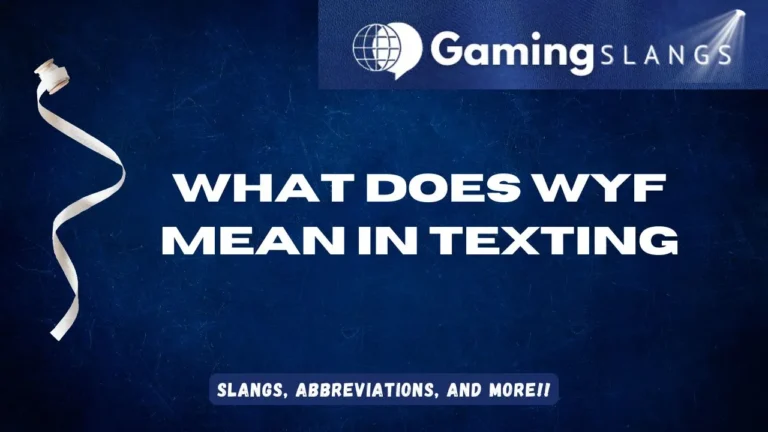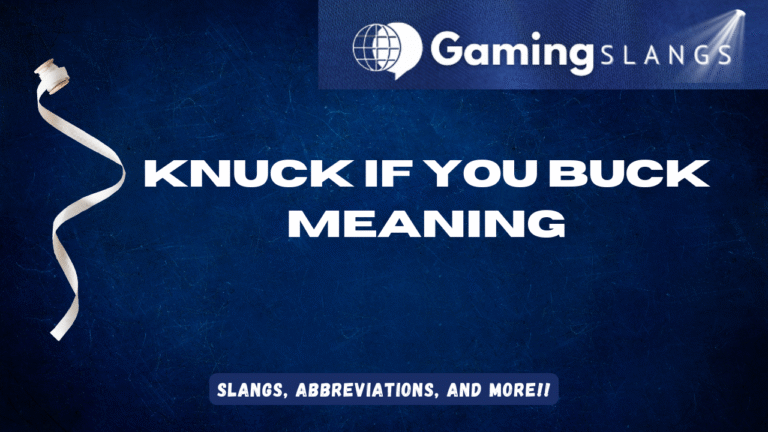CEI in urban slang commonly stands for “Cost, Insurance, and Expenses Included” in financial or business settings, but in casual online use, it is sometimes reinterpreted as “Check Everything In.”
On platforms like text messaging, social media, or forums, CEI is often used as a reminder to verify, review, or confirm details before proceeding.
Origins of CEI
The abbreviation “CEI” originated in professional and trade contexts, especially in business and shipping, where it referred to financial terms covering total expenses.
Over time, internet users adopted it in more casual spaces to mean “Check Everything In,” turning a formal acronym into a slang phrase for thoroughness and attention to detail.
How to Use CEI in a Sentence?
In urban and online contexts, “CEI” is typically used to remind someone to be cautious, double-check information, or confirm actions. It helps emphasize the importance of accuracy and responsibility.
Here are five examples:
- “Before submitting your project, make sure to CEI.”
→ Used to stress the importance of reviewing work before turning it in. - “We’re traveling tomorrow—don’t forget to CEI your luggage list.”
→ Highlights checking items thoroughly to avoid mistakes. - “Always CEI before you sign any online agreement.”
→ Encourages careful review of terms and conditions. - “He forgot to CEI the details and ended up missing the deadline.”
→ Shows the consequences of not double-checking.
“Group chat rules: no spam, respect others, and CEI before sharing.”
→ Indicates being cautious about what information gets posted.

Pronunciation of CEI
Pronounced as: “see-eye-ee” (placeholder for audio).
Words Similar to CEI
- FYI – “For Your Information,” used to share details or updates.
- BRB – “Be Right Back,” a common internet acronym for short absences.
- IDC – “I Don’t Care,” often used to show indifference.
- IMO – “In My Opinion,” a phrase to share personal viewpoints.
- NRN – “No Reply Necessary,” indicates that no response is required.

